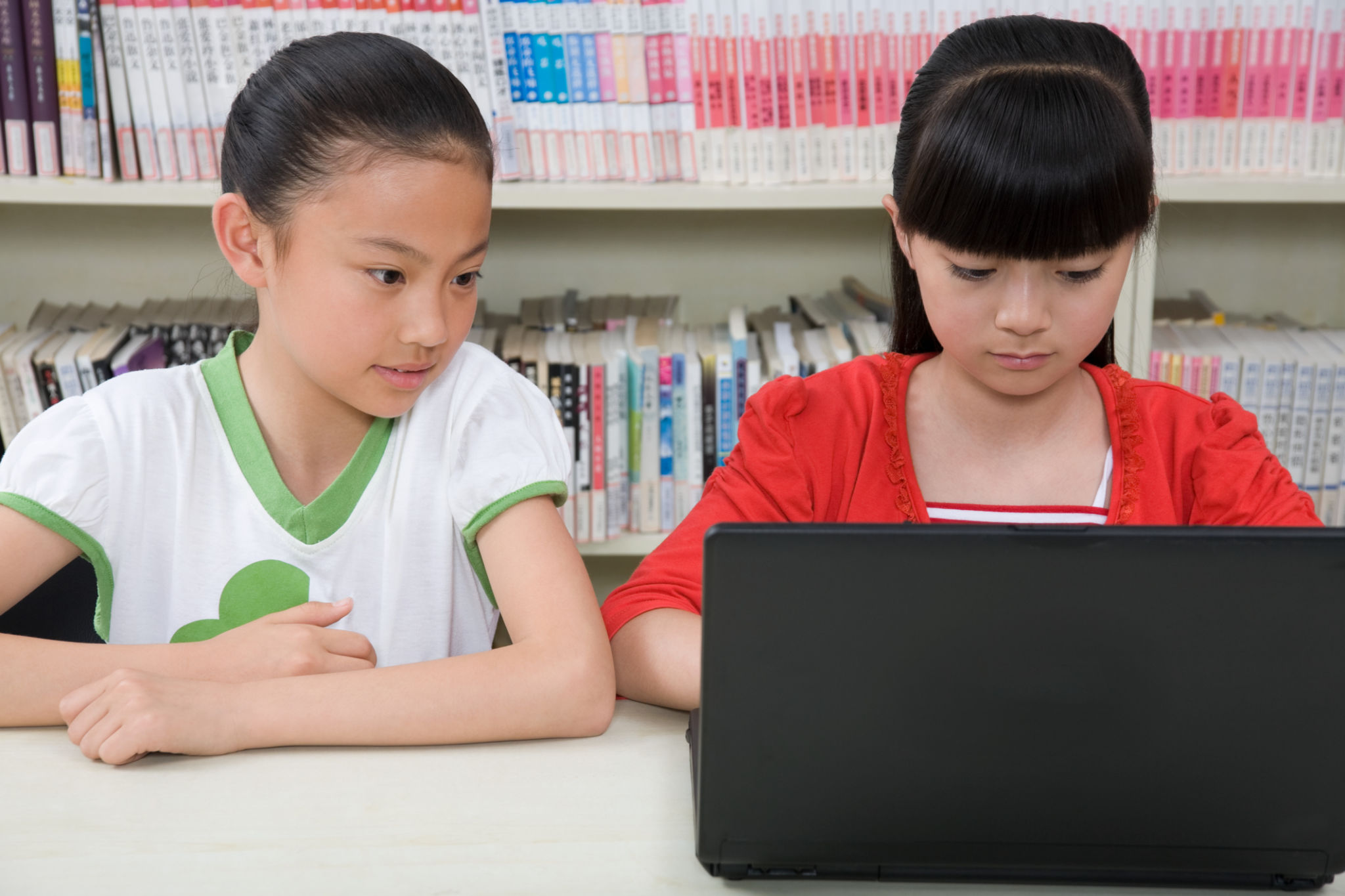Practical Applications of Educational Psychology in the Classroom
Understanding Educational Psychology
Educational psychology is a branch of psychology that focuses on understanding how people learn and retain knowledge. It involves the study of cognitive, emotional, and social processes that underpin learning. By applying principles from educational psychology, educators can create more effective teaching strategies that cater to the diverse needs of students.
One of the core concepts in educational psychology is understanding the different learning styles of students. Some students may be visual learners, while others might prefer auditory or kinesthetic learning methods. Recognizing these differences allows teachers to tailor their instruction to better meet individual learning needs. This personalized approach helps in maximizing student engagement and comprehension.

Enhancing Motivation and Engagement
Motivation plays a crucial role in the learning process. Educational psychology provides insights into what drives student motivation and how teachers can harness it to improve classroom engagement. Techniques such as setting achievable goals, providing feedback, and creating a supportive learning environment can boost student motivation.
Using intrinsic motivation, where students are motivated by internal rewards like curiosity and satisfaction, is particularly effective. Teachers can incorporate activities that align with students' interests, encouraging a deeper connection to the material. Additionally, extrinsic motivators such as praise and rewards can also be used strategically to maintain student interest.
Creating a Positive Learning Environment
A positive learning environment is vital for student success. Educational psychology suggests that classrooms should be spaces where students feel safe, respected, and valued. This involves fostering positive relationships among students and between students and teachers, promoting a culture of collaboration and mutual respect.

Implementing Effective Assessment Strategies
Assessment is another critical area where educational psychology can be applied. Understanding various assessment types and their purposes helps educators design better evaluation methods that accurately measure student learning. Formative assessments, for example, provide ongoing feedback during the learning process, enabling teachers to adjust their teaching strategies as needed.
Summative assessments, on the other hand, evaluate student learning at the end of an instructional period. Educational psychology encourages using a mix of both formative and summative assessments to get a comprehensive view of student progress. This balanced approach ensures that assessments are fair, reliable, and valid.

Addressing Learning Difficulties
Educational psychology offers valuable insights into identifying and addressing learning difficulties. By understanding the root causes of these challenges, educators can implement targeted interventions. Strategies such as differentiated instruction, where teaching methods are adapted to accommodate various learning needs, can be highly effective.
Additionally, educational psychologists often work with teachers to develop individualized education plans (IEPs) for students with specific needs. These plans outline tailored strategies and accommodations to support each student's unique learning journey.
The Role of Technology in Education
Incorporating technology into the classroom is an area where educational psychology provides guidance on best practices. Technology can enhance learning by offering interactive and engaging content that caters to different learning styles. Tools such as educational software and online resources allow for personalized learning experiences.
However, it is essential to use technology thoughtfully. Educational psychology emphasizes the importance of balancing digital tools with traditional teaching methods to ensure that technology serves as an aid rather than a distraction in the classroom.

Conclusion
Incorporating principles from educational psychology into classroom practice offers numerous benefits. It helps create a more inclusive and effective learning environment that supports the diverse needs of students. By understanding the psychological aspects of learning, educators can implement strategies that enhance motivation, engagement, assessment, and ultimately, student success.
As education continues to evolve, leveraging insights from educational psychology will be key in adapting teaching methods to meet the challenges of modern classrooms. This dynamic approach not only enriches the educational experience but also prepares students for lifelong learning.